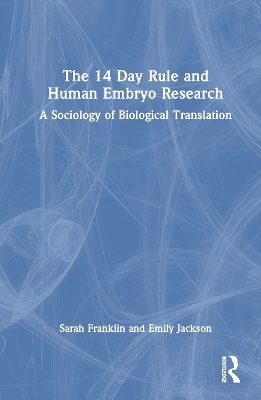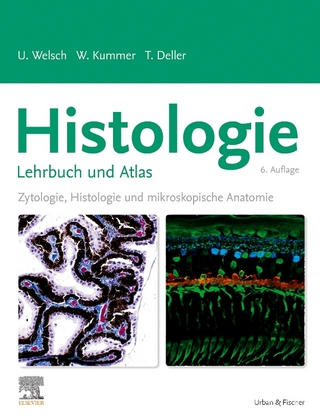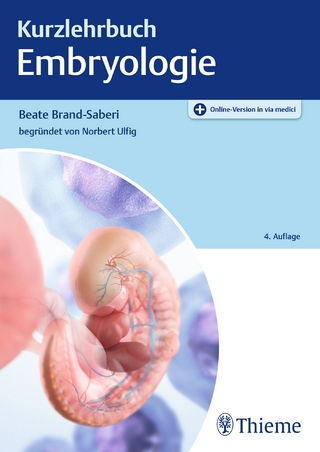
The 14 Day Rule and Human Embryo Research
Routledge (Verlag)
978-1-032-27790-5 (ISBN)
This assessment of Britain’s influential 14 day rule governing embryo research explores how and why it became the de facto global standard for research into human fertilisation and embryology, arguing that its influence and stability offers valuable lessons for successful biological translation.
One of the most important features of the 14 day rule, the authors claim, is its reliance on sociological as well as ethical, legislative, regulatory and scientific principles. The careful integration of social expectations and perceptions, as well as sociological definitions of the law and morality, into the development of a robust legislative infrastructure of ‘human fertilisation and embryology’, enabled what has come to be known as the Warnock Consensus – a solid and enduring public acceptance that has enabled successive parliamentary approval for controversial areas of scientific research in the UK, such as stem cell research and mitochondrial donation, for over 30 years. These important sociological insights are increasingly relevant to new biotranslational challenges such as human germline gene editing and the use of AI assisted technologies in human reproduction. As the legislation around the 14 day rule begins to be reviewed worldwide, the important lessons we can learn from its global and enduring significance will apply not only to future legislation governing embryo research, but to the future of biological translation more widely.
An important volume for those interested in reproductive studies, biogovernance and biological translation, it is suitable for researchers, clinicians and students in medicine, biosciences, sociology, and science and technology studies.
Sarah Franklin FBA, FAcSS, FRSB holds the Chair of Sociology at the University of Cambridge where she is also a Fellow of Christ’s College. She is the founding Director of the Reproductive Sociology Research Group (ReproSoc) and co-Chair of Cambridge Reproduction. She is the author of Embodied Progress: a cultural account of assisted conception (1997, 2022) as well as numerous other publications on the social and cultural implications of new reproductive and genetic technologies. Emily Jackson is a Professor of Law at the London School of Economics and Political Science, where she teaches Medical Law. She was a Member of the Human Fertilisation and Embryology Authority from 2003–2012, and its Deputy Chair from 2008–2012. She is a Fellow of the British Academy and was a Judicial Appointments Commissioner from 2014–2017.
1. What is the 14 Day Rule and Why Does it Matter? 2. Science as a Social Contract 3. The Scientific Origins of the 14 Day Rule 4. The Legislative Origins of the 14 Day Rule 5. The 14 day rule since 1990 6. The future of the 14 day rule 7. Conclusion: Summary of Principles and Proposals
| Erscheinungsdatum | 29.05.2024 |
|---|---|
| Zusatzinfo | 5 Halftones, black and white; 5 Illustrations, black and white |
| Verlagsort | London |
| Sprache | englisch |
| Maße | 156 x 234 mm |
| Gewicht | 420 g |
| Themenwelt | Sachbuch/Ratgeber ► Gesundheit / Leben / Psychologie |
| Studium ► 1. Studienabschnitt (Vorklinik) ► Histologie / Embryologie | |
| Studium ► Querschnittsbereiche ► Prävention / Gesundheitsförderung | |
| Sozialwissenschaften ► Ethnologie | |
| Sozialwissenschaften ► Soziologie | |
| ISBN-10 | 1-032-27790-4 / 1032277904 |
| ISBN-13 | 978-1-032-27790-5 / 9781032277905 |
| Zustand | Neuware |
| Informationen gemäß Produktsicherheitsverordnung (GPSR) | |
| Haben Sie eine Frage zum Produkt? |
aus dem Bereich


